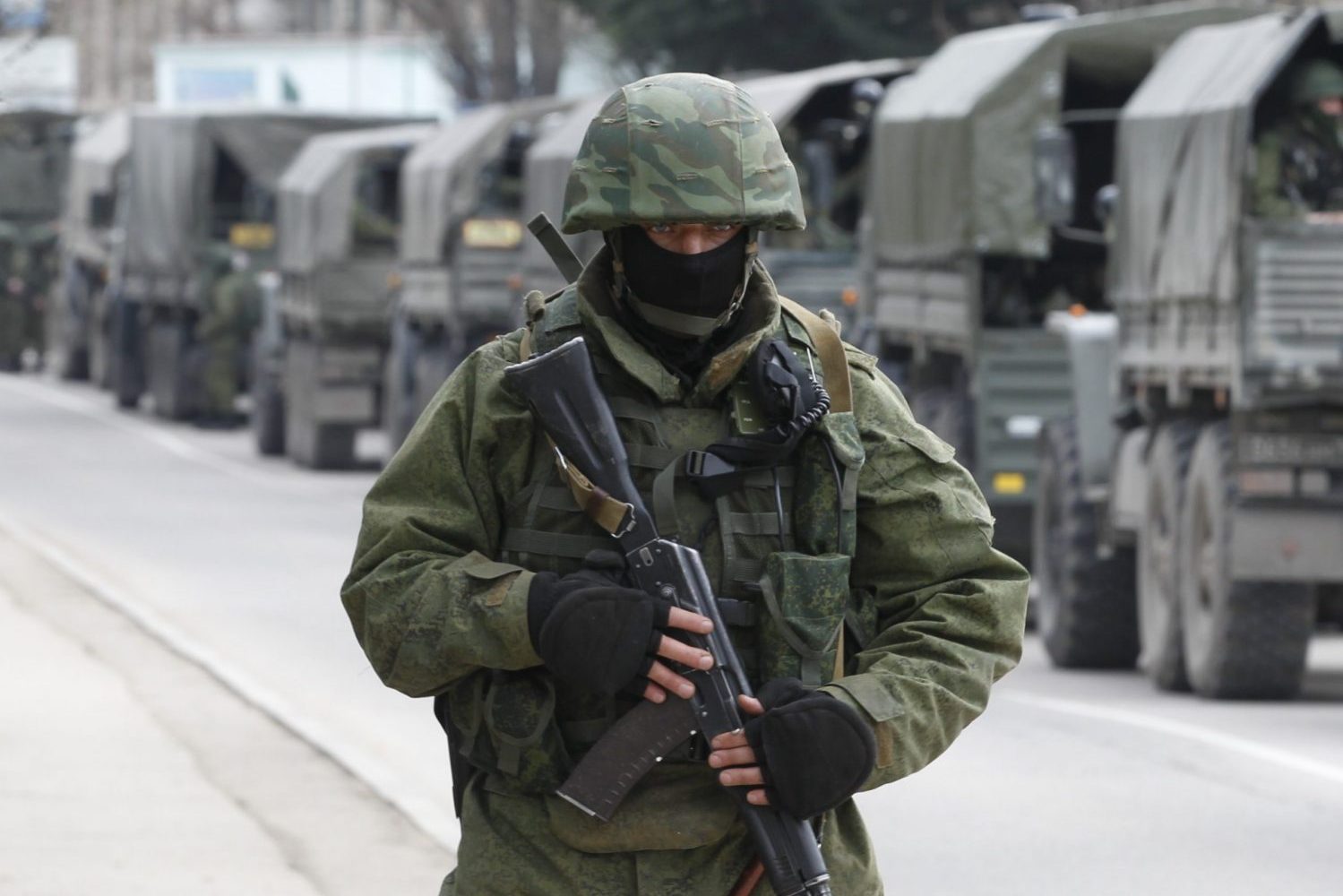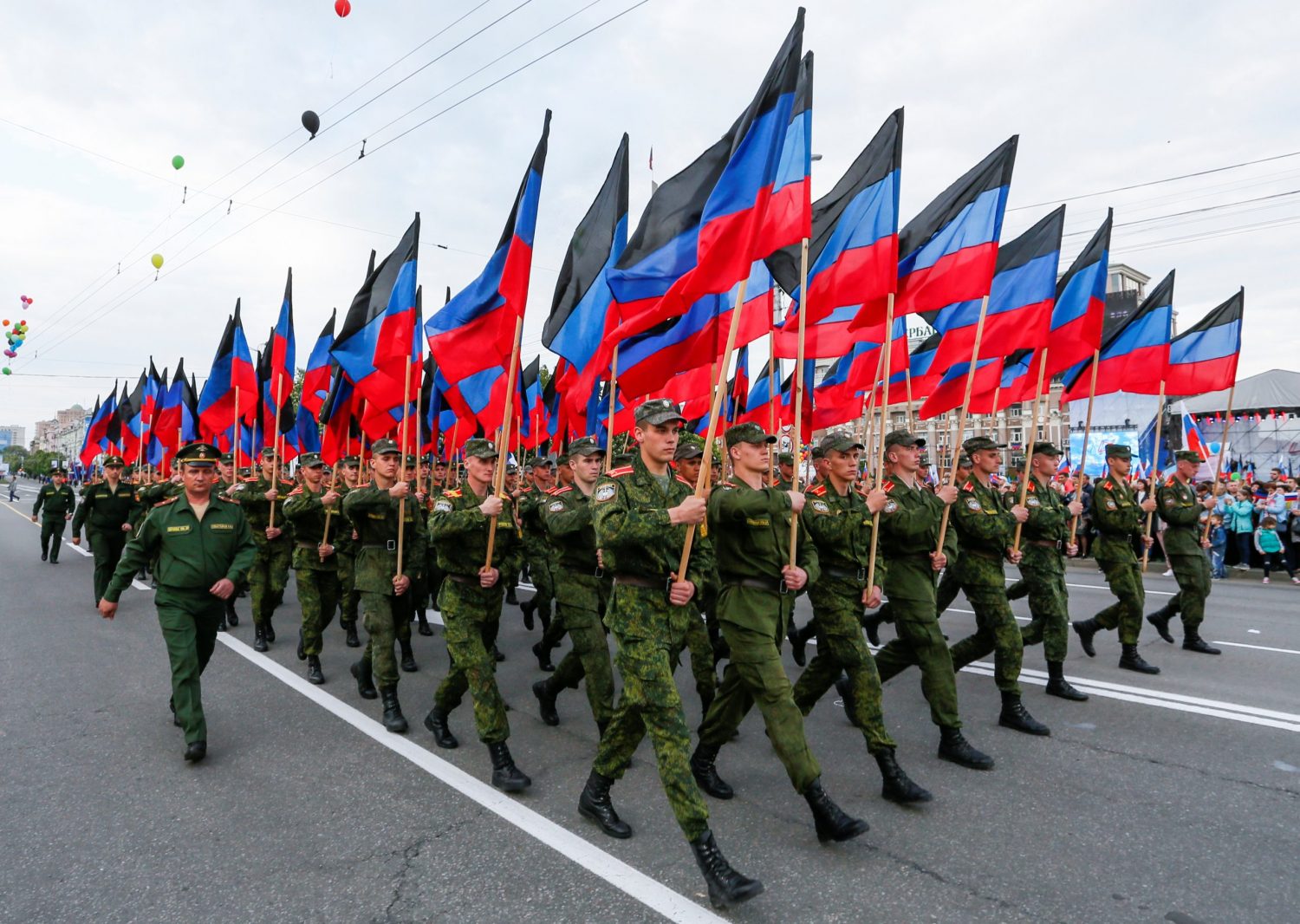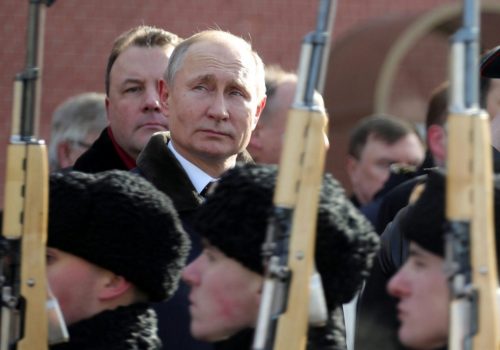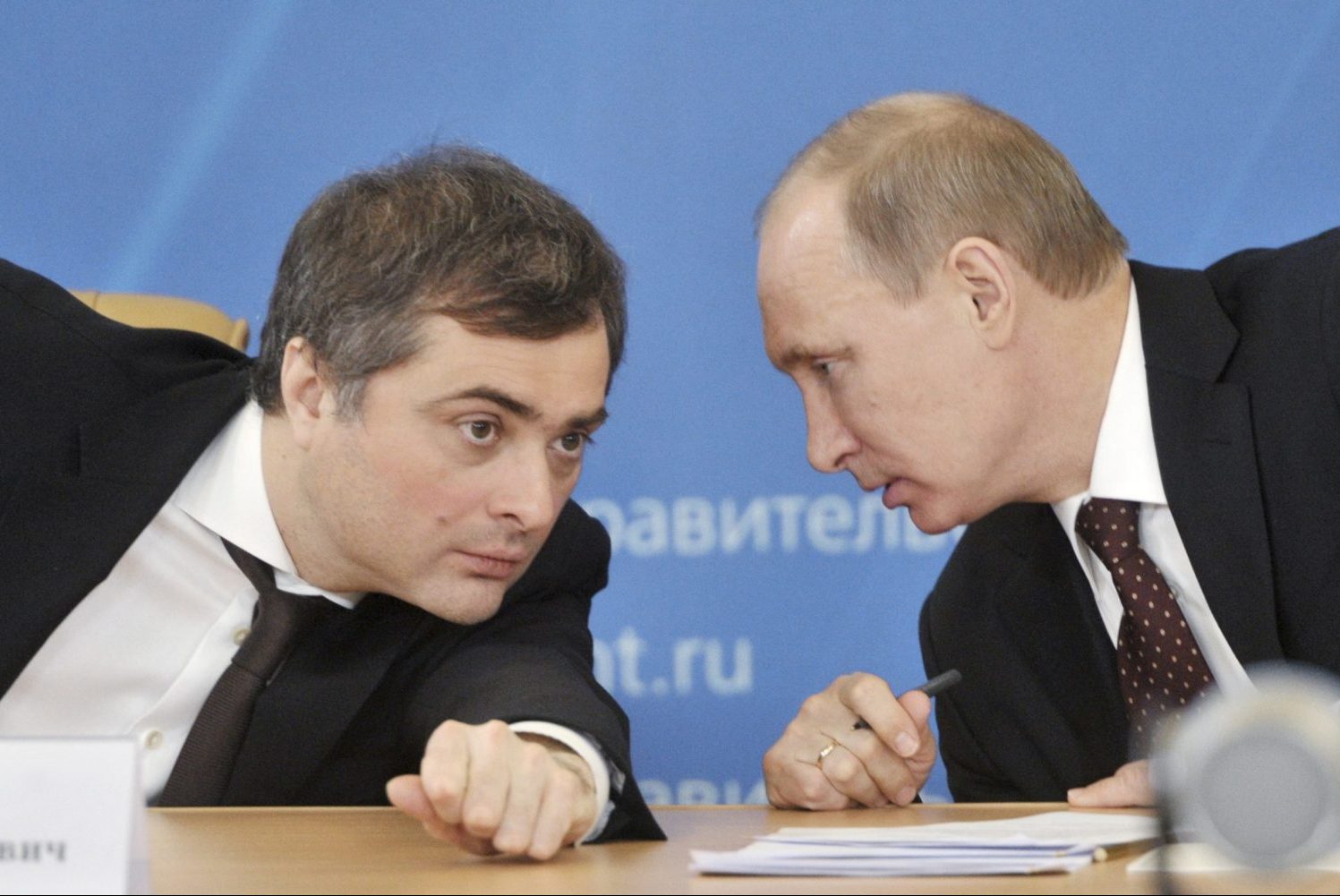The coronavirus crisis has been described in some quarters as the biggest global emergency since WWII. The fight against the pandemic is certainly proving unprecedented in both scale and impact, with whole nations now in lockdown and entire economies grinding to a halt. Understandably, this is dominating the headlines and preoccupying governments around the world. Nevertheless, as attention focuses on containing the coronavirus, it would be dangerous to lose sight of other threats to international security.
For the past six years, Ukraine has been the front line in a struggle between democracy and authoritarianism that promises to shape the future of the world for decades to come. Despite the shocks of the coronavirus outbreak, the Russian Federation’s hybrid war against Ukraine rumbles on. It has already claimed more than fourteen thousand lives and transformed the geopolitical climate, but the outcome still hangs in the balance. Ukraine’s fragile progress must now be jealously guarded in order to prevent the Kremlin from using the country as a springboard for the further destabilization of democratic institutions and international law.
Even in these uncertain times, there can be little doubt that the coronavirus crisis will eventually pass. However, once the crisis is over, the threat from Moscow will remain. Today’s Russia is in many ways a replica of the Soviet Union, complete with an aging ruler who seems intent on remaining in power until his dying day. Unfortunately, many leading figures in the democratic world appear to be in denial over the dangers posed by Putin’s revisionist and highly militarized regime. This is no accident. While the Soviet politburo openly positioned itself as an enemy of Western civilization, Putin has been surprisingly successful at duping many Western leaders into regarding modern Russia as a difficult partner rather than an open adversary. Such misconceptions leave the democratic world vulnerable and must be addressed.
Stay updated
As the world watches the Russian invasion of Ukraine unfold, UkraineAlert delivers the best Atlantic Council expert insight and analysis on Ukraine twice a week directly to your inbox.
We need to be very clear about the fact that there can be no successful Europe without a strong and independent Ukraine. We also need to recognize that standing up to Moscow’s aggression is not about defending Ukraine; it is a matter of defending Western values. We must acknowledge that Moscow is not just targeting Ukraine; it is targeting Western democracies collectively, along with the entire post-1991 international status quo, which Moscow regards as a historical injustice.
The Kremlin will not stop unless it is stopped. If the international community gives up on Ukraine, then the Baltic states, Poland, Italy, Austria, and other EU countries will be next in line. Key international institutions including the European Union and NATO will be at even greater risk.
Moscow’s efforts to undermine the prevailing international order have become increasingly visible since 2014 and the start of Russian aggression in Ukraine. These efforts have been hybrid in nature, encompassing everything from cyber attacks and disinformation campaigns to political assassinations and the deployment of non-state military forces offering flimsy but plausible deniability.
From the outset, Ukraine has remained at the very heart of this global campaign. As the Kremlin’s foreign policy priority, it has served as the most active front and functioned as a testing ground for the hybrid tactics later unleashed internationally. Moscow’s goal is to prevent the emergence of a free and democratic Ukraine that could serve as inspiration for similar changes inside Russia itself.
Since the 2014 Revolution of Dignity, Ukrainians have paid a tragically high price for the country’s desire to shake off Moscow’s yoke. During six years of struggle, we have begun to transform the country in accordance with the best practices of the world’s most successful democracies, and in line with the expressed wishes of our citizens. Like other countries who have historically attempted to transition away from the trauma of a totalitarian past, we have sought the support of the international community. We are grateful to our Western partners for the help and solidarity they have shown as we have attempted to implement reforms and stand up to Russian aggression.
Although it sometimes stung, I always personally appreciated it when our Western partners criticized the actions of the government which I had the honor to be a part of. With their frankness, they helped us on our reform path from the post-Soviet wilderness towards membership of the democratic world. This makes the apparent inaction of our Western partners with respect to current developments in Ukraine particularly worrying. The least one would expect would be the same level of frankness as before. Without this, we could lose Ukraine.
Eurasia Center events

In today’s Ukraine, we are witnessing an alarming retreat from democracy. Parliament and the cabinet of ministers are being turned into mere sub-departments of the Office of the President. There is an obvious dismantling of the independence of the judiciary. Political opponents face persecution, with the Prosecutor General recently removed from office for his refusal to pursue politically motivated cases against former Ukrainian president Petro Poroshenko. Reforms seen as central to Ukraine’s post-2014 transformation are being sidelined or reversed. Healthcare, decentralization, and education reforms have ground to a halt or suffered rollbacks, while efforts to rebuild the Ukrainian Armed Forces in accordance with NATO standards are suspended.
This is taking place alongside an equally ominous pivot towards Russia. The Ukrainian President’s team unveiled plans in early March to create an Advisory Council that would include representatives of the so-called “republics” created by the Kremlin in eastern Ukraine. This will most assuredly not lead to peace. On the contrary, it would mean implementing the Kremlin scenario and legitimizing Moscow’s efforts to depict the war in Ukraine as a “civil conflict”, while allowing Russia to escape responsibility as the aggressor and take on the role of observer and peacemaker. We need no reminding of what Russian “peacemaking” has meant for Transnistria in Moldova, or Abkhazia and South Ossetia in Georgia. President Zelenskyy’s desire for peace is admirable, but wanting to end the war at any price is not the mark of a statesman. Instead, it suggests a failure to appreciate the true nature of the enemy.
I understand why Ukraine’s international partners might favor any form of compromise with the Kremlin if it offers the promise of a reduction in geopolitical tensions. While I don’t want Ukraine to disappear from the international agenda or surrender its claims to membership of the democratic world, I recognize that some Western politicians would prefer it that way. They may regard this as convenient, but it would never be accepted by the majority of Ukrainians. I, therefore, call upon our friends to be as demanding of the current Ukrainian administration as they were of the previous government while maintaining international pressure on Russia. More than ever before, we need your support.
Ukraine is currently the frontier of the Western world. If it is allowed to fall back into the Russian orbit, the Kremlin will attempt to move this civilizational divide further westwards. By supporting us, you are actually protecting yourselves. Denying Russia’s hostile intentions might seem like the easier option, but as the coronavirus emergency has shown, politically convenient denials do not change reality and have a habit of proving costly. If the international community wishes to prevent the further spread of the Russian threat, Putin must be stopped in Ukraine.
Ivanna Klympush-Tsintsadze is Chairperson of the Ukrainian Parliamentary Committee on integration into the EU. She is the former Deputy Prime Minister of Ukraine for European and Euroatlantic Integration (2016-2019).
Further reading
The views expressed in UkraineAlert are solely those of the authors and do not necessarily reflect the views of the Atlantic Council, its staff, or its supporters.

The Eurasia Center’s mission is to enhance transatlantic cooperation in promoting stability, democratic values and prosperity in Eurasia, from Eastern Europe and Turkey in the West to the Caucasus, Russia and Central Asia in the East.
Follow us on social media
and support our work
Image: One of Putin's "Little Green Men": A Russian soldier with no insignia pictured during the spring 2014 seizure of Crimea that marked the start of Russian military aggression against Ukraine. REUTERS/Baz Ratner




